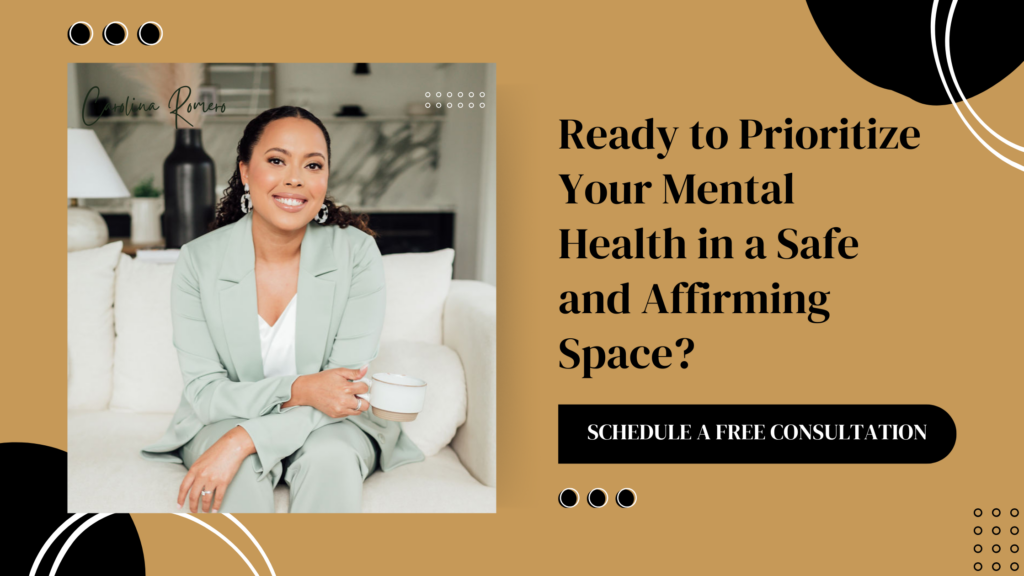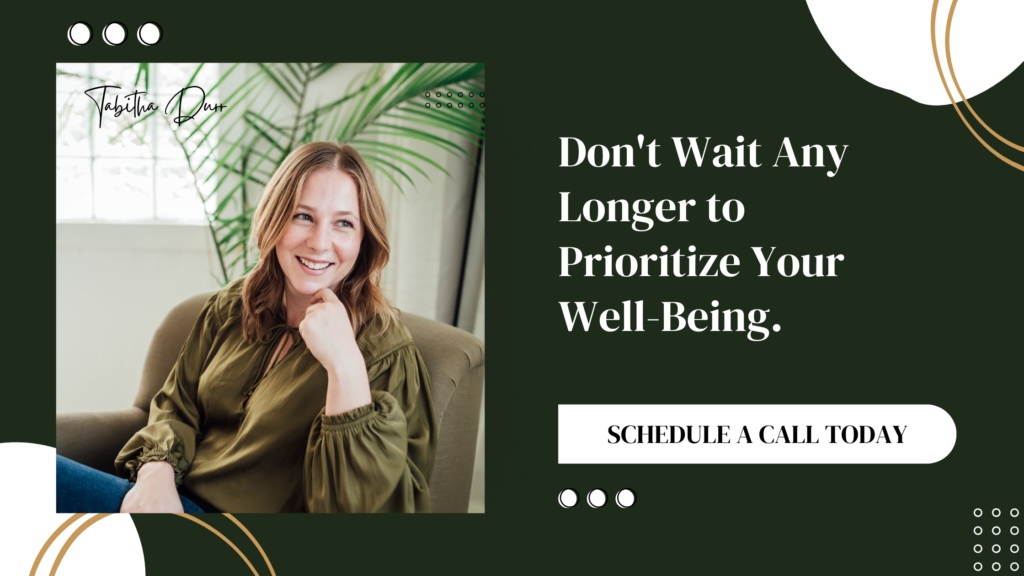In today’s fast-paced world, stress has become an unwelcome companion for busy professionals striving to balance work, personal life, and everything in between. Whether navigating tight deadlines, high-stakes meetings, or managing overwhelming responsibilities, the pressure can feel relentless. However, understanding the nature of stress—and its effects on both our mental and physical health—is paramount for maintaining peak performance and well-being.
In this blog, we will explore essential insights every busy professional needs to know about stress, from its causes to practical strategies for managing it effectively. When you are armed with the right tools and stress-relief techniques, you can tackle stress head-on and reclaim control over your life. I invite you to continue reading and discover how to turn the tide on stress, enhancing your productivity and peace of mind.
Table of Contents
Understanding Stress: Definition and Types
First, let’s define what stress is and the various types of stress that busy professionals may encounter. Stress is a biological and psychological response to perceived challenges or threats. It is a natural reaction that evolved to help our ancestors survive by triggering the “fight or flight” response. This response prepares the body to either confront or flee from danger by releasing a surge of hormones, such as adrenaline and cortisol, which increase heart rate, blood pressure, and energy levels. While this response was crucial for survival in the wild, modern-day stressors are often less about physical danger and more about mental and emotional challenges, making the body’s reaction less beneficial and sometimes harmful.
There are several types of stress, but for now, we will focus on those that busy professionals may encounter.
- Acute stress is a short-term response to immediate pressures or threats. It can be thrilling in small doses, such as the stress experienced before a big presentation or a tight deadline. However, when these instances become frequent, they can accumulate and lead to chronic stress, which is long-term and continuous.
- Chronic stress can result from ongoing situations such as job insecurity, a demanding workload, or a toxic work environment. Unlike acute stress, which can be resolved quickly, chronic stress persists over time and can have severe health implications.
- Episodic acute stress, is characterized by frequent bouts of acute stress. People who suffer from episodic acute stress often live chaotic lives, are always in a hurry, and are prone to worry excessively about their responsibilities. This type of stress can lead to persistent anxiety, irritability, and tension, often resulting in strained relationships and poor physical health.
- Recognizing these different types of stress is the first step towards managing them effectively.
Signs and Symptoms of Stress
The important part is to recognize the signs and symptoms of stress, which is essential for busy professionals to address before it escalates.
Here are the signs and symptoms of stress to watch for:
- Physically, stress can cause headaches, muscle tension, and fatigue. It can also lead to gastrointestinal issues, such as stomachaches or irritable bowel syndrome, as well as sleep disturbances, like insomnia or restless sleep. Frequent colds or infections can also be a sign that stress is weakening the immune system.
- Mentally, stress can lead to cognitive symptoms such as difficulty concentrating, forgetfulness, and poor decision-making. Individuals may find themselves constantly worrying, feeling overwhelmed, or experiencing a lack of motivation and focus. Emotional symptoms are also common, including anxiety, depression, irritability, and mood swings. These mental and emotional changes can significantly impact an individual’s ability to perform effectively at work and maintain healthy relationships.
- Behaviorally, stress can lead to changes in how individuals act and interact with others. Some may become more withdrawn, avoiding social interactions and isolating themselves from colleagues and loved ones. Others may exhibit increased irritability and impatience, leading to conflicts and misunderstandings. Stress can also lead to unhealthy coping mechanisms, such as overeating, excessive drinking, smoking, or substance abuse.
- Recognizing these behavioral changes is crucial for taking proactive steps to manage stress and seek appropriate support.
The Impact of Stress on Busy Professionals
For busy professionals, stress can have a substantial impact on both personal and professional lives. In the workplace, chronic stress can severely impair productivity and performance. It can lead to difficulties in concentration, decision-making, and memory retention, all of which are critical for effective job performance. Additionally, chronic stress can result in burnout, a state of emotional, physical, and mental exhaustion caused by prolonged exposure to stressors. Burnout not only affects job satisfaction but also leads to increased absenteeism and turnover rates, which can be costly for both employees and employers.
Outside of work, stress can adversely affect personal relationships and overall quality of life. Chronic stress often manifests as irritability, mood swings, and a lack of patience, which can strain interactions with family members, friends, and colleagues. Moreover, stress can lead to unhealthy coping mechanisms, such as excessive alcohol consumption, smoking, or overeating, further exacerbating the problem. These behaviors can alienate loved ones and create a cycle of stress that is difficult to break.
Physically, chronic stress takes a toll on the body by disrupting nearly every system. It can increase the risk of cardiovascular diseases, such as hypertension and heart attacks, weaken the immune system, making one more susceptible to infections, and exacerbate conditions like diabetes and gastrointestinal disorders. Moreover, stress is linked to mental health issues, including anxiety, depression, and insomnia. Understanding the extensive impact of stress underscores the importance of addressing it proactively to maintain overall well-being and professional efficacy.
Practical Strategies for Stress Relief for Busy Professionals
Creating a Personal Oasis at Work
You don’t need a complete office makeover to create a personal oasis. Imagine your workspace as a blank canvas, a space you can actively shape to cultivate calm. To begin, consider the visual elements. Surround yourself with reminders of joy: photos of loved ones, pets, or landscapes that bring you peace. Introduce a touch of nature with low-maintenance plants, their greenery both soothing and air-purifying. And, crucially, declutter. A clean, organized space fosters a clear, focused mind.
Then, turn your attention to the sensory environment. If possible, soften the harsh fluorescent lighting with a warm desk lamp, or invest in blue light-blocking glasses to minimize eye strain. Noise-canceling headphones become your sanctuary, allowing you to block out distractions and immerse yourself in calming music, nature sounds, or white noise. Consider incorporating aromatherapy, diffusing subtle scents like lavender or chamomile to create a relaxing atmosphere. Pay close attention to ergonomics, ensuring your chair and keyboard support good posture, and explore the possibility of a standing desk converter to alleviate physical strain. Even the gentle sound of a small desktop water fountain can contribute to a sense of tranquility.
Mindfulness
Integrate mindfulness moments into your day, taking short breaks for deep breathing or meditation, guided by apps like “Headspace.” Utilize your lunch break as a mini-escape, stepping away from your desk for a brief walk or finding a quiet corner to recharge. Establish digital boundaries, turning off notifications to focus and setting specific times for checking email. And nurture positive vibes by keeping a journal or using sticky notes for affirmations, reminding yourself of your strength and resilience. These small, consistent actions transform your workspace into a haven, a place of calm amidst the demands of the day.
Telehealth Sessions
Recognizing when it’s time to seek professional help for stress is crucial for maintaining both mental and physical health. If stress becomes overwhelming and begins to interfere with daily functioning, it may be time to consider seeking support from a mental health professional.
Prioritizing your mental health doesn’t always require clearing a full afternoon or commuting across town. Today, therapy can meet you where you are—literally. Telehealth sessions offer a flexible, private, and effective way to get professional support without disrupting your schedule.
If you’ve been putting your well-being on hold, consider this your invitation to reconnect. Our telehealth sessions offer a supportive space—on your terms and your time. Schedule a consultation today and take a meaningful step toward feeling more balanced.
Seeking professional help can provide you with a personalized plan with the tools and strategies needed to cope with stress effectively.
Workshops and Support Groups
In addition to individual therapy, there are other forms of professional support that can be beneficial, such as stress management workshops, support groups, or employee assistance programs (EAPs) offered by employers. These resources can provide valuable information, techniques, and support for managing stress.
In Conclusion: Embracing a Healthier Work Life
Stress is a natural part of a demanding professional life, but it doesn’t have to run the show. The more we understand how stress shows up in our daily routines, relationships, and decisions, the more empowered we become to respond with intention. When we pause to reflect, set boundaries, and seek meaningful support, we begin to create a life that prioritizes both success and well-being.
Whether it’s making small adjustments to your day, setting healthier limits at work, or seeking professional guidance, every step counts. You don’t have to do it all at once—and you don’t have to do it alone.
Here are a few intentional next steps you can take:
- Pause and assess: Notice how stress manifests in your body, thoughts, and energy throughout the week. Where is it most present?
- Reclaim time: Choose one small way to protect your time this week—whether it’s blocking a lunch break or saying no to a meeting that can wait.
- Create space for support: If therapy has been on your mind, consider booking a telehealth session to explore your options. It’s a flexible and private way to start creating lasting change.
- Talk to your team: If you’re a leader or manager, explore how your workplace can better support mental health—your example makes a difference.
The key to managing stress as a busy professional lies in recognizing its impact and taking proactive steps to address it. By understanding the causes and symptoms of stress, you can develop effective coping mechanisms and seek appropriate support when needed. With the right strategies and support, busy professionals like you can tackle stress head-on and regain control over your lives, leading to a healthier, more balanced, and fulfilling work-life balance.
Stress may be inevitable, but with the right strategies and support, burnout doesn’t have to be.
We Are Here To Help
Destination Therapy provides a safe space to communicate openly, address challenges, and revisit past experiences that lead to generational trauma. Whether you are a busy professional dealing with perfectionism, trauma, burnout, and anxiety or looking to explore if therapy can help you have a happier life, we can match you with one of our therapists, who will be able to help with your concerns.
If you’re ready to explore therapy, we offer a free 15-minute consultation call to discuss your needs and see if couple therapy is right for you.




